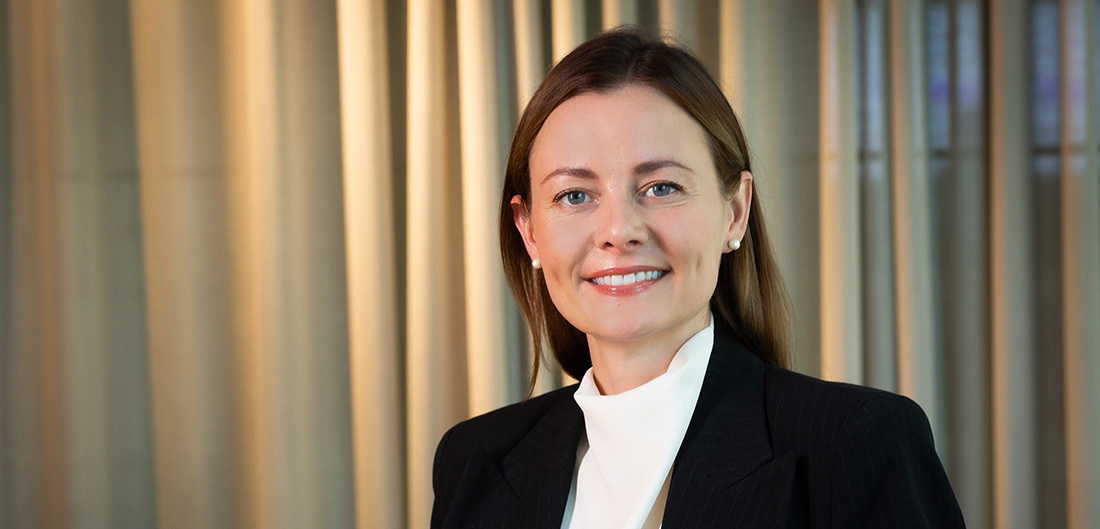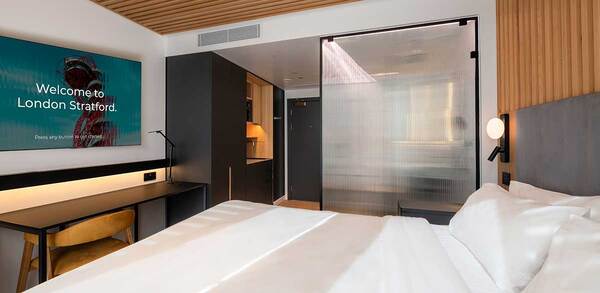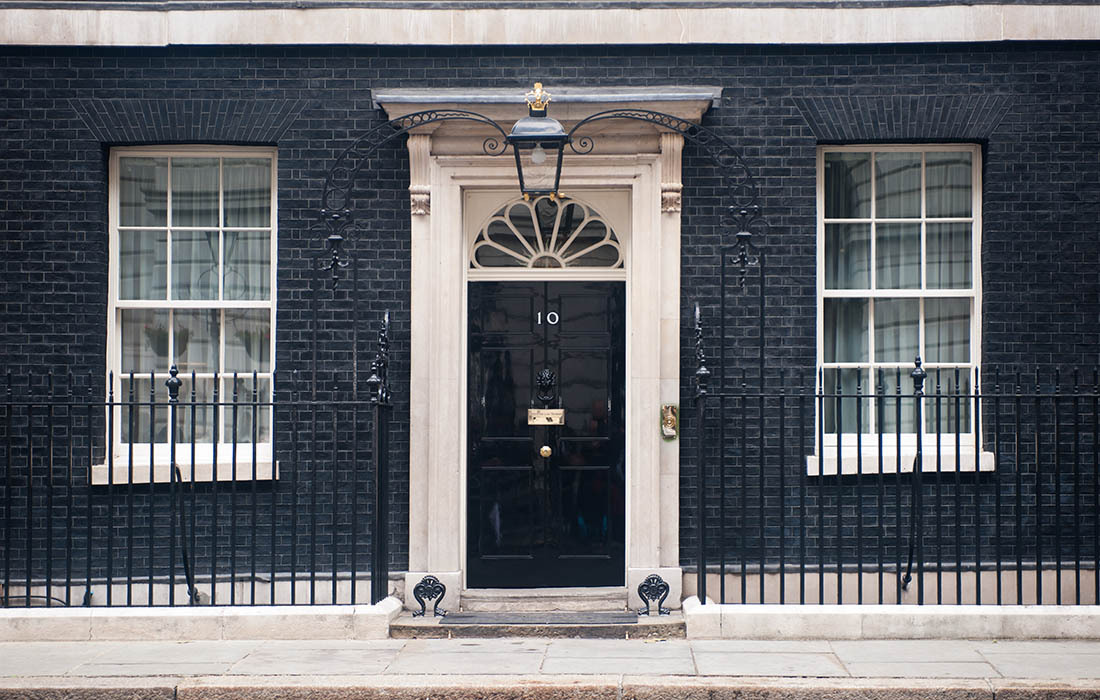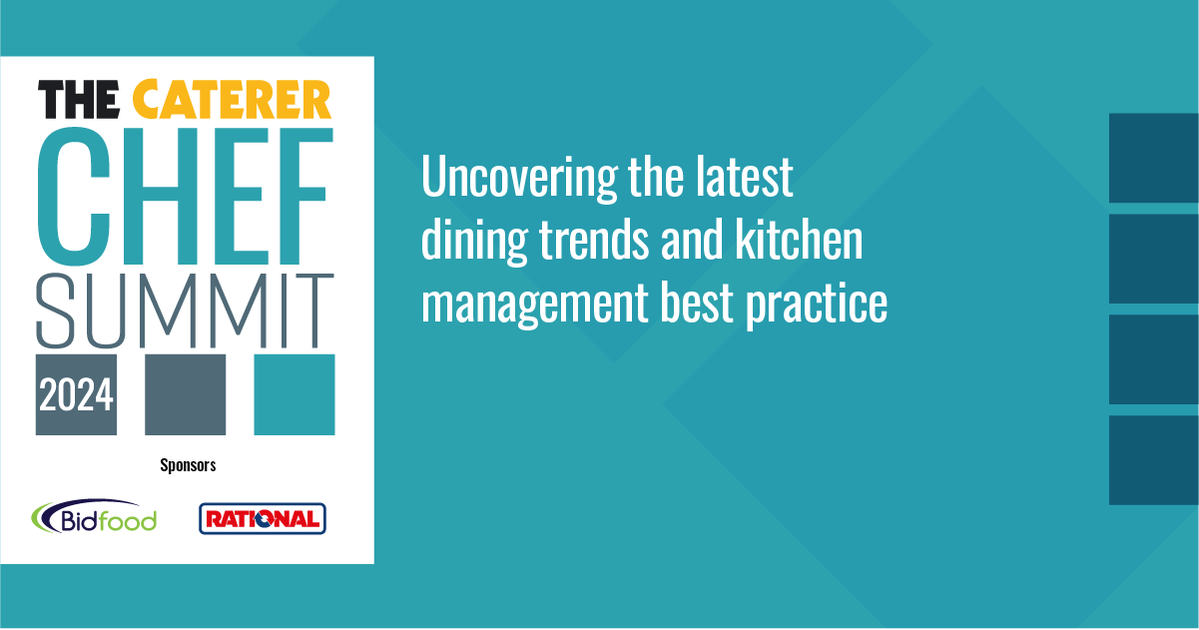How hotel companies can give women an easier path to the top
We all know hospitality requires commitment, but the career ladder for women is often kicked out from underneath them. Here's how hoteliers are removing barriers to the success of women
You need to be a premium member to view this. Join our community for just £4.99 per month, or £54.99 for a full year.
Already a subscriber to The Caterer? Login below:
Most Popular
Foodservice Cateys
Independent Hotel Show London
Chef Summit 2024
People Awards 2024
Jacobs Media is honoured to be the recipient of the 2020 Queen's Award for Enterprise.
The highest official awards for UK businesses since being established by royal warrant in 1965. Read more.
We use cookies so we can provide you with the best online experience. By continuing to browse this site you are agreeing to our use of cookies. Click on the banner to find out more.


















